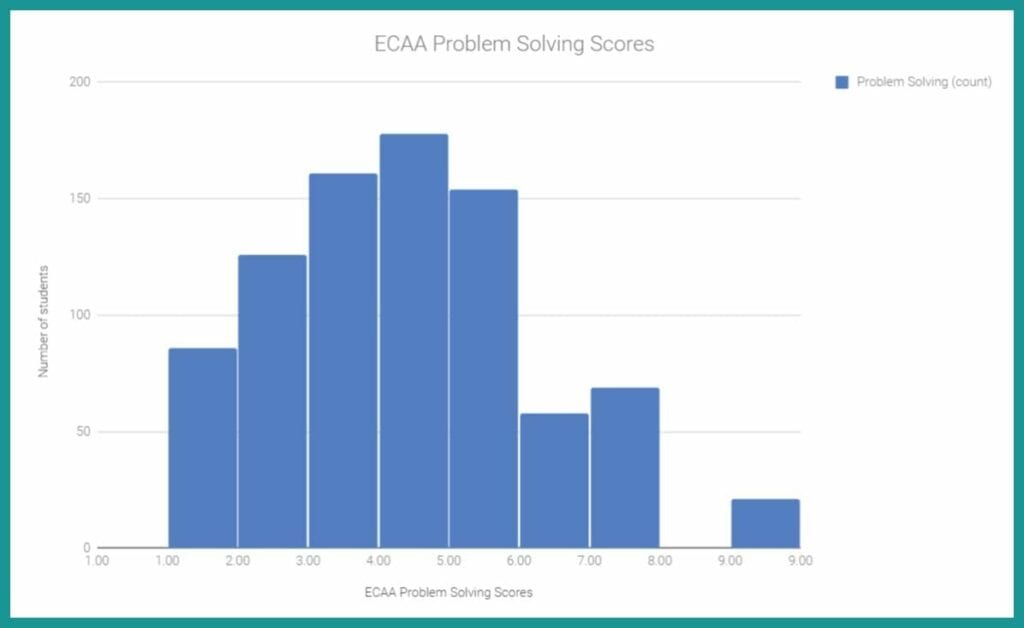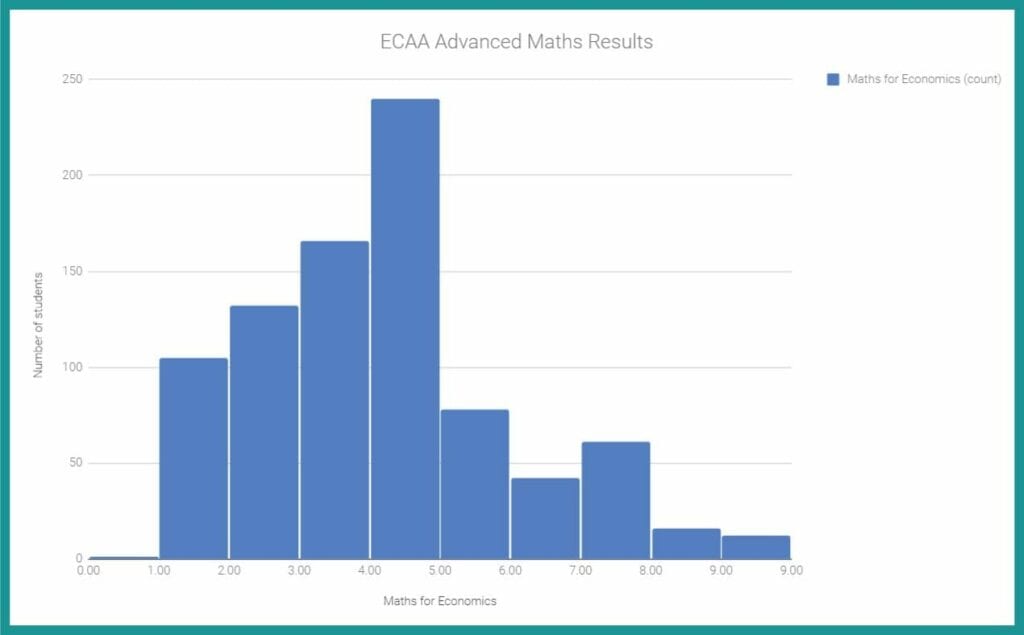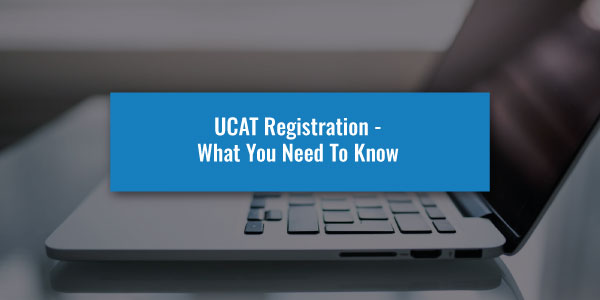The ECAA is no longer being used for Cambridge Economics. The TMUA is used instead for 2022 Economics Applicants.
The ECAA is scored similarly to most other Cambridge Admissions Tests.
This means that Section 1 is scored on a scale of 1.0 to 9.0. Only Section 1 are scored this way because the answers are either right or wrong. With Section 2, the essay section, this is marked by individual colleges so the mark varies.

There isn’t a huge amount of information out there regarding ECAA results, but we have dug up 2017 scores which impart some useful knowledge! In 2017, the total amount of candidates for the 2017 entry was 853.
The ECAA test changed specification in 2020. The data here relates to test results from 2017 as the 2020 results have not yet been released at time of writing.
Section 1A Problem Solving
This graph shows the distribution of scores for Section 1A. The majority of candidates score between 3.0 – 5.0, with a higher majority scoring between 4.0 – 5.0. This shows the difficult of the ECAA overall; the candidates (all very capable students) generally score around 50%. There is a significant drop-off at 6.0 where only the strongest candidates begin to score at this level. A score over 6.0 should be considered strong (for the 2017 entry, test difficulty can vary year to year).

The best way to increase your chances of getting a place at Oxbridge for Economics is through UniAdmissions Economics Programme. Our students have a 63% chance of getting their dream offer!
GET YOUR DREAM OFFERSection 1B Advanced Maths
Again, with Section 1B the majority of candidates score between 4.0 – 5.0. The majority here is much larger with nearly 250 candidates hitting this segment. This is over 25% of the candidates for the test falling into this bracket. A score below this would be looked upon unfavourably by admissions tutors, but this doesn’t mean you would be denied an offer. Tutors will still take into consideration every other factor such as Personal Statement, grades etc.
The drop-off after 5.0 is larger again from Section 1A. This is a testament to how difficult this section is – even within the overall difficulty of the ECAA test. Only very few students have scored the maximum 9.0 (although this is not really something to aim for, you should aim above the pack at around 6.5).

Who received offers?
Of the 853 candidates that sat the ECAA test in 2017, Cambridge offered 165 places. This represents 19.3%, so near enough 20%, of applicants who sit the ECAA test will be offered a place. However, as mentioned prior, there are many other factors that tutors will consider with the ECAA just being one of them. It is more likely used as a differentiator between two similar candidates as opposed to being the primary factor looked at when considering an application.
Section 2 Essay Section
Section 2 of the ECAA is scored by individual Cambridge colleges so we can’t comment on the average score or result. We found that several comments from the 2017 stated that they found the essay section very easy, which was disappointing because the essay section is a place to really show off your knowledge.
Achieve Economics success through our specialist support.








